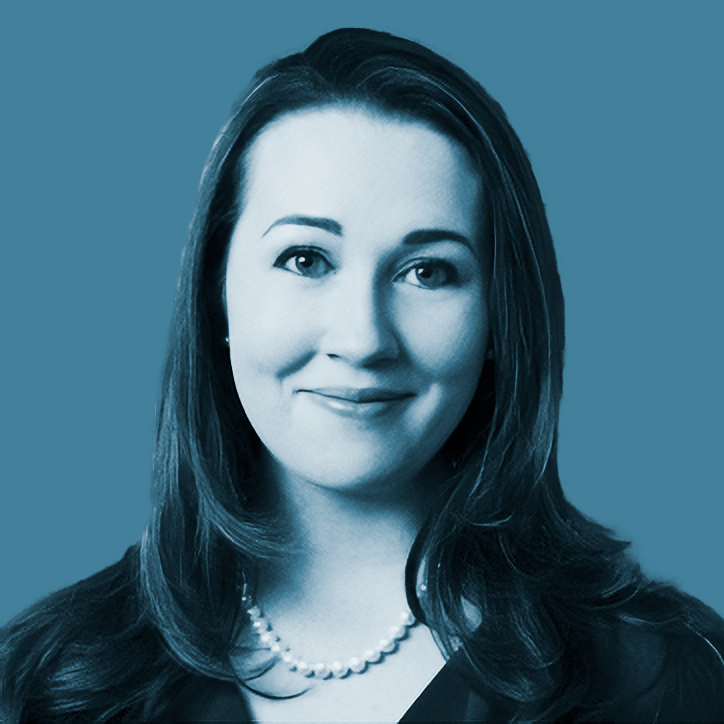Key Terms
- Oklahoma nurse mortgages are specially designed to make home buying more accessible for nurses, offering benefits like low to no PMI payments, minimal down payments, and flexible approval criteria to accommodate diverse financial backgrounds.
- These programs provide significant advantages such as no private mortgage insurance and assistance with closing costs, making homeownership more affordable and within reach for many nurses who might otherwise struggle with traditional lending requirements.
- While offering tailored benefits, nurse mortgages in Oklahoma may come with challenges such as limited availability and potential additional fees, necessitating thorough research and careful financial planning by applicants.
Nestled in the heart of America, Oklahoma offers a unique blend of vibrant culture, breathtaking landscapes, and boundless opportunities. Residents embrace the friendly hospitality of its communities, savor the flavors of its rich culinary scene, and explore the endless adventures waiting in its scenic parks and historic sites.
With affordable living, diverse job prospects, and a warm embrace of tradition, Oklahoma is a great place for medical professionals, including nurses. According to the Bureau of Labor Statistics, 35,480 nurses are currently living and working in the Sooner State, including some many certified registered nurse anesthetists and 2,870 nurse practitioners.
As is happening all over the country, however, house prices in Oklahoma are going up. According to the FED, the median listing price of a single-family home is $309,975, making a new home too expensive for many nurses.
That’s where nurse mortgages come into play. These specialized home loans cater specifically to nurses, making the process of buying a home easier for these healthcare professionals.
Let’s explore these beneficial financial options in greater depth.
How do Oklahoma nurse home loans work?
If you’ve ever dealt with home loans or mortgages before, you have a basic understanding of the process. Although nurse mortgages have specific eligibility criteria, they’re often flexible, as their aim is to encourage nurses to become homeowners. Plus, they come with financial perks, like assistance with closing costs, no private mortgage insurance (PMI), and low down payments.
Before you get started with the home-buying process, do some digging into nursing mortgage programs in your area. To help you out, we’ve listed many below. These include VA loans (for nurses who have served or are serving in the military) and USDA loans (for home purchases in designated rural areas). Compare the pros and cons of these home buying programs to find the best fit. Remember to consider your own financial situation carefully to ensure you choose a program that suits you.
The pros and cons of pursuing an Oklahoma nurse mortgage
When you’re making a decision as significant as buying a home, it’s crucial to carefully weigh the advantages and disadvantages of different financial products available for financing. Let’s start by considering the benefits of opting for a nurse mortgage over conventional loans.
Eligibility requirements
First off, nurse mortgages often have “friendlier” eligibility criteria. Conventional loans are often stringent in regard to employment requirements and income thresholds, which may pose challenges for nurses with multiple jobs or irregular employment. Nurse mortgages, however, tend to be more accommodating, making it easier for all types of nurses (including travel nurses) to qualify.
No need for private mortgage insurance
Another perk is the absence of PMI with nurse mortgages. PMI often adds significant costs to monthly payments with traditional loans. With nurse mortgages, you can enjoy lower payments and no expensive premiums.
Flexibility
Documentation requirements are typically less burdensome with nurse mortgages. Although all loans require documentation of income, assets, and financial information, nurse mortgages are often more flexible, particularly in scenarios involving overtime pay or income from multiple jobs. They also tend to have more flexible credit score requirements. This is particularly likely to be the case for mortgages backed by the Federal Housing Administration (FHA loans). For example, Homes for Heroes mortgage specialists often work with FHA home loans to gain savings for healthcare professionals.
Loan amounts
Qualifying nurses can use nurse mortgage loans to access much higher loan limits than are usually possible with conventional loans. At the same time, this doesn’t impact interest rates. As a result, nurses save an average $3,000 on the purchase price of their new homes.
Nurse mortgages may include specialized offerings tailored to the unique needs of nurses, such as relocation assistance for travel nurses or loan forgiveness programs for those working in underserved areas.
Refinance options
Medical professionals who are already homeowners can also use nurse loans: to refinance a current mortgage. This is ideal for securing a fixed-rate mortgage with better terms, such as after your credit score has improved.
Disadvantages of nurse mortgages
Unfortunately, there are some drawbacks of nurse loans. For instance, it’s essential to be aware of unexpected fees associated with nurse mortgage programs. Plus, nurse home loan programs are sometimes be challenging to find, as they’re not as common as conventional mortgages. However, rest assured that we’ve compiled a list of the best options available in Oklahoma to help you navigate your choices.
Down payment assistance programs for nurses
Some mortgage lenders accept down payment assistance through programs like Nurse Next Door. This allows borrowers to increase their down payment options, even if they’re not first-time home buyers. Make sure you talk to your loan officer to ensure the lender accepts these programs.
Taking out nurse mortgages in Oklahoma: a case study
Emily was proud to be a dedicated nurse working tirelessly at St. Francis hospital in Tulsa. Despite her passion for helping others, Emily faced a daunting challenge in her life: student debt. Like many nurses, she had taken out loans to finance her education. That debt, however, was now preventing her from buying her own home in Tulsa.
Traditional lenders were hesitant to approve her for a mortgage, citing her high debt-to-income ratio (DTI) as a concern. Feeling disheartened, Emily asked a friend, who mentioned something called a nurse mortgage. These loans, she found out, were designed to assist healthcare professionals like herself in achieving homeownership — even medical professionals who had student debt.
Emily reached out to a local mortgage lender specializing in nurse mortgages. To her relief, the lender understood her situation and explained how a nurse mortgage could help her overcome the obstacles she faced. They discussed her financial goals, work history, and the specifics of her student loans.
After careful consideration, Emily decided to move forward with a nurse mortgage. With the lender’s guidance, she navigated the application process — providing pay stubs, documentation of her assets, and information about her student loans. To Emily’s delight, she was approved for a nurse mortgage that not only accommodated her debt but also provided her with down payment assistance and help with closing costs. A nurse mortgage turned Emily’s dream of making a home purchase into a reality.
Looking for a nurse mortgage in a different state?
If you’re looking to explore the best nurse mortgage in other states, click on your state below.














